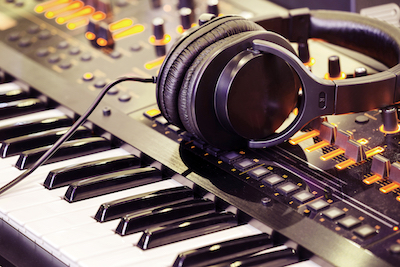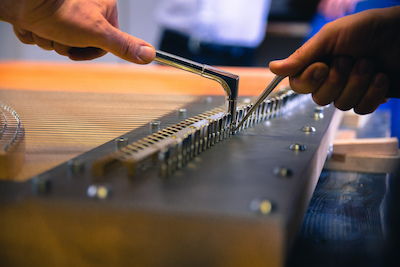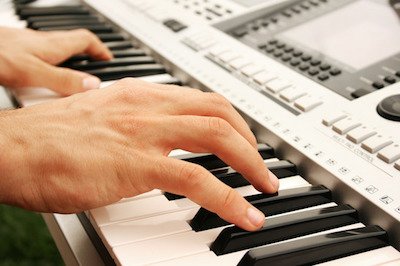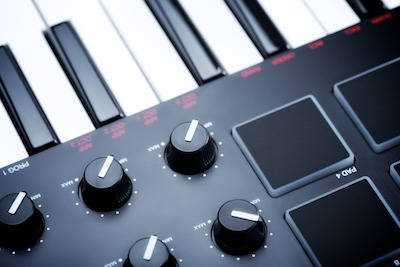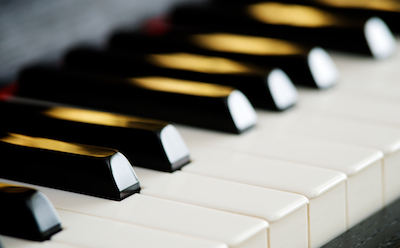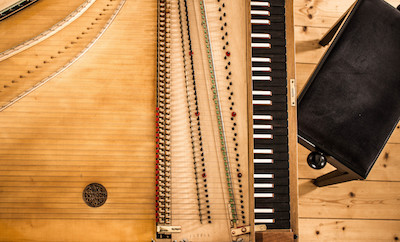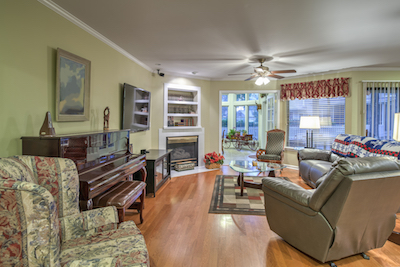A well-made piano isn’t just designed for a few years of play; if taken care of, it can provide decades of enjoyment. And there are both economic and ethical reasons for buying a used baby grand piano is the right choice for your home.
However, buying used means understanding how to sift through all of the information out there to find the right piano for you. Are there some brands more reliable than others? Do some brands hold their value better than others? Are some at more risk to falling apart? Where do you start?
Know Your Needs
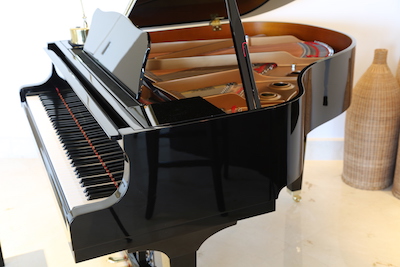 Are you at the point where you’ve decided to take up piano professionally? Or do you have a young child you wish to start lessons? If you’ve been playing for years, you might have some idea what piano you prefer. If you’re interested in having a classic piano in your home for your young kids to play, you have more flexibility. No matter where you are in your search process, pay particular mind to quality and durability.
Are you at the point where you’ve decided to take up piano professionally? Or do you have a young child you wish to start lessons? If you’ve been playing for years, you might have some idea what piano you prefer. If you’re interested in having a classic piano in your home for your young kids to play, you have more flexibility. No matter where you are in your search process, pay particular mind to quality and durability.
Have A Place In Mind
Baby grands are tricky to move. If you’re in your forever home and have the perfect spot for a piano, it’s probably the right time to buy. If you have a move planned in the foreseeable future, it might be best to wait until you have the perfect spot. You should also measure out doorways, stairways, and room space to ensure you have the proper space for the piano’s move.
Know Your Budget
To get a high quality instrument, you’ll need to be willing to invest. Baby grands aren’t easy to move. If you buy from an individual, you will be responsible for moving it from where you purchase it to your home. A dealer often includes the process as a part of the fee.
Know Your Brands
If you don’t have experience with pianos, it’s best to do a little studying up on brands before you shop. Select a piano with a quality brand to rely on its performance for years. You can genuinely rely on Baldwin, Chickering, and Kawai. If you want to step up, consider a Steinway or Bosendorfer.
Test The Piano
You can’t purchase a piano sight unseen. You have to sit at it, play it, listen to the music it makes. Not every piano sounds the same. And by playing every note, you can pick up on subtle problems that may turn into larger issues down the road.
Ask Questions
A reputable seller will welcome all questions. So ask away. How old is the piano? What is its background? How well was it taken care of? What kind of maintenance has been performed? You can get a good feel for how well the piano will perform based on how open a person is about willing to discuss its past.
Enjoy
Once you’ve made your final selection, enjoy the process. After the piano has had time to settle in, be sure to have a professional tuner out to adjust the sound and make sure your new instrument is well adjusted and at its peak performance level.
Are you in the market for a used baby grand piano?
